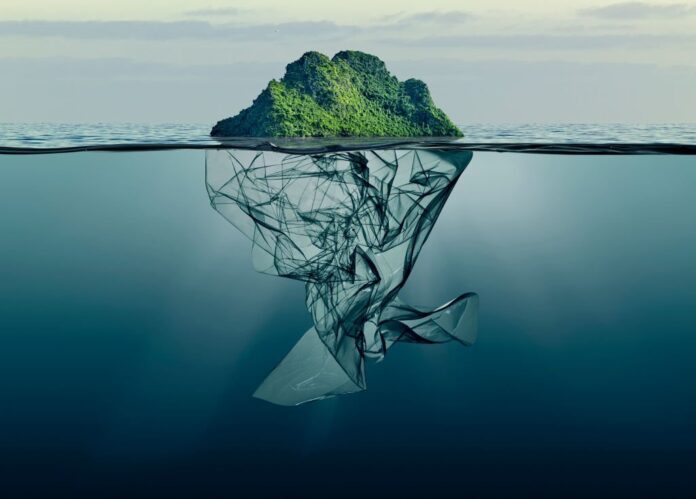Water pollution is a serious and ongoing concern that affects everyone, regardless of age or geographic location. Many water pollutants, chemicals, silt, toxic metals and minerals, waterborne diseases such as cholera and typhoid fever. Without water, humankind would not survive. It’s our most valuable resource!
Every human or animal wants to live in a safe and healthy world. We want clean air, clean water, and the ability to enjoy the natural beauty of our planet without fear of pollutants or disease. Unfortunately, we are fighting an uphill battle against pollution on every front.
One of the most overlooked forms of pollution is water pollution – chemicals from industrial plants can get into waterways, seeping back up through soil and groundwater. The effects of this type of contamination are wide-reaching, affecting human health and animals and plant life.
If you’re finding ways to decrease your carbon footprint to help stop water pollution, here are 10 easy ways you can start today!
10 easy ways to reduce your carbon footprint and help stop water pollution!
1. Cut down on meat consumption – Livestock production is one of the leading causes of water pollution due to the large amounts of manure and urine produced.
2. Use less water – try taking shorter showers, or watering your plants with a bucket instead of a hose.
3. Avoid using plastic water bottles – Plastic water bottles can take centuries to decompose and often end up in waterways and oceans.
4. Ride your bike or walk instead of driving – Not only does this reduce your carbon footprint, but it also helps keep you healthy!
5. Recycle and compost – Composting organic waste helps reduce the amount of garbage that goes into landfills, and recycling water bottles, aluminum cans, and paper products helps reduce water pollution.
6. Consume local products
– Buying local means you don’t have to use the water required for long-distance transport of goods!
7. Use water-efficient appliances – Toilets, dishwashers, and washing machines are some examples.
8. Use water-saving showerheads and faucets – Using water-saving devices can be a big help!
9. Be water conscious when gardening – This means avoiding overwatering or leaving your sprinklers on too long, especially if your water comes from a water source that is already at capacity.
10. Recycle water bottles – instead of throwing them away, if you have the space, try recycling water bottles to help save water!
You can also check out these water treatment options for more efficient water usage. Save water & reduce waste by living green!
Water Pollution And What Are The Main Causes Of It?
Water pollution is the contamination of water bodies, such as lakes, rivers, and oceans. The leading causes of water pollution are chemicals, including pesticides and fertilizers, wastewater discharge from factories and homes, and runoff from livestock farms and landfills.
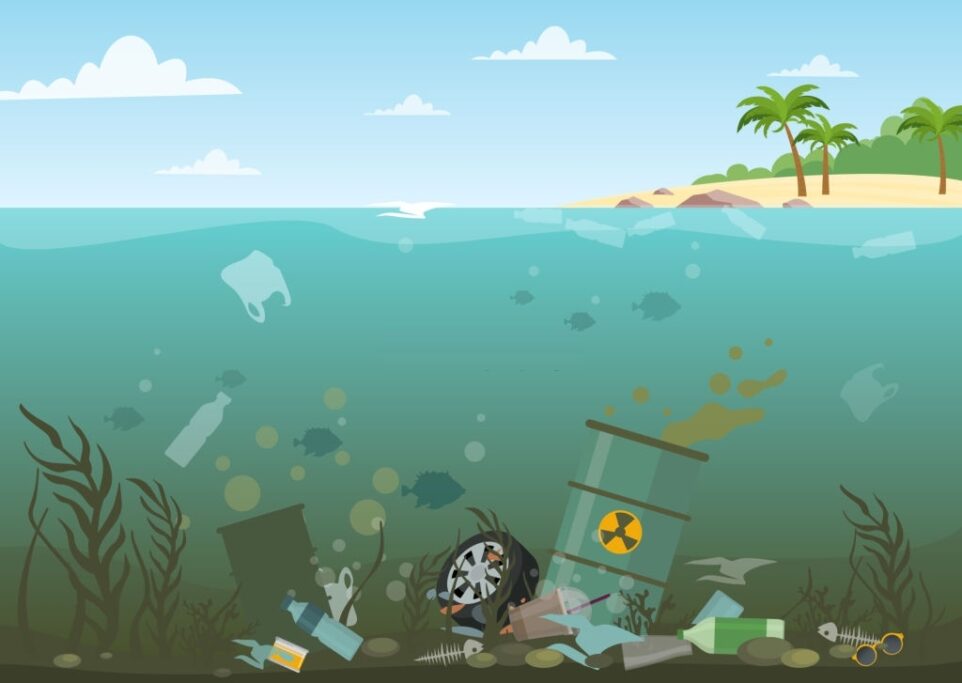
Water pollution can cause several health problems, including skin irritation, respiratory problems, and poisoning. It can also harm aquatic life and make the water unusable for drinking, swimming, or fishing.
There are many ways to reduce water pollution, including reducing the use of chemicals in our homes and gardens, properly disposing of waste products, and choosing environmentally-friendly products. Taking these simple actions, we can all do our part to help protect our water resources and keep our water clean for future generations.
One of the leading causes of water pollution is wastewater discharged from factories and homes. What do people do to reduce water pollution caused by these pollutants?

There are several ways that people can reduce water pollution caused by wastewater discharge, including using less water when possible, recycling water instead of putting it into the water system, and avoiding the use of water-polluting chemicals in our homes. We can all help reduce water pollution today by taking small steps like these!
Another cause of water pollution is runoff from livestock farms and landfills.
Some ways to reduce water pollution caused by livestock farms and landfills include reducing water use on our land planting water-absorbing plants. Practice good fertilizers to reduce the number of chemicals used on our lawns & keep trash out of local water bodies, and choose environmentally-friendly products. By taking these simple steps together, we can help reduce water pollution and be better stewards of the Earth.
A straightforward way to reduce water pollution is by choosing more energy-efficient appliances.
Many people don’t think about impacting water quality when looking for a new appliance. However, some devices use more water or wastewater than others during their lifetime, including dishwashers, washing machines, and water heaters. By choosing appliances that use water efficiently or recycle water during their lifetime, we can all reduce water pollution in our water systems.
There are many ways to reduce water pollution: reducing the amount of water we use. What about water conservation?
Water conservation has a direct impact on water quality! By conserving water, we can reduce the amount of water flowing through our water systems, including surface water and wastewater. This helps reduce water pollution caused by contaminated runoff that gets into waterways.
How Does Water Pollution Affect Humans, Animals, And Plant Life?
Water pollution is a significant matter that affects humans, animals, and plant life. When water is polluted, it can cause various health problems in humans, contaminate water supplies used by animals and plants, and damage the environment.
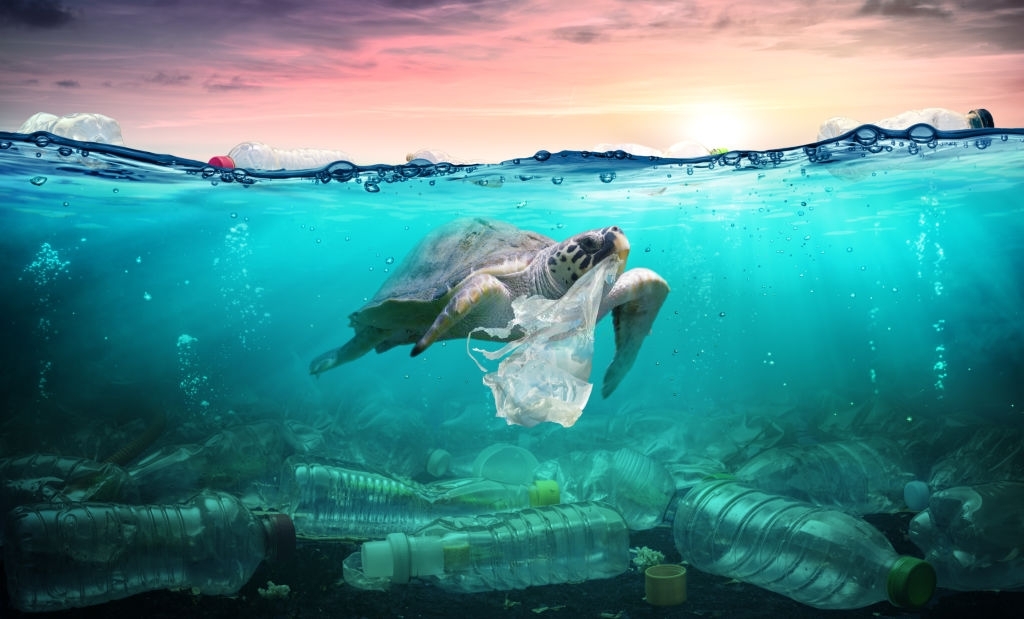
One of water pollution’s many negative impacts is how it can lead to waterborne diseases. When water becomes polluted, organisms like viruses and bacteria are often the cause.
Humans can become infected with waterborne diseases when they ingest water that has been contaminated by dangerous microorganisms. This ingestion could happen simply by drinking water and inhaling water as it is being sprayed from water sources, such as a faucet. One waterborne disease that could be contracted through contaminated water is gastroenteritis.
Another negative result of water pollution is killing plant and animal life. It can happen in various ways, but a common practice for humans to cause the death of plants and animals is through the dumping or spilling of toxic chemicals.
A common way green plants become contaminated with harmful toxins is through agricultural means. When crop fertilizers, herbicides, and pesticides are used by humans in excess on their crops, it can cause water pollution when the excess spills off of the intended area.
The contamination of plant life causes the contamination of animal life, too. When plants are siphoned or picked from natural environments, it can kill them. Therefore, the environment may be harmed, but the wildlife lived in that area because they depend on plant life for food and shelter.
Lastly, water pollution can harm the environment by altering its natural beauty. When water becomes polluted, it can turn various shades of color away from the scenery.
What Can We Do To Prevent Water Pollution From Happening?
There are many ways that each of us can help prevent water pollution from happening.
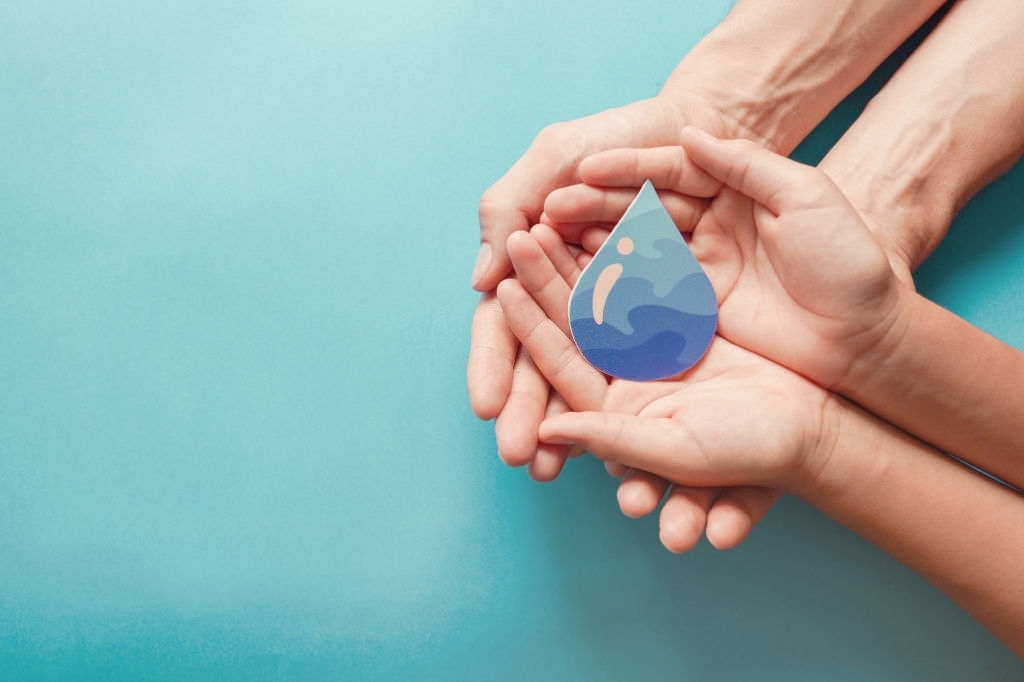
One effective way to prevent water pollution is to reduce the amount of plastic we produce and use. Plastic takes centuries to decompose, and it often finds its way into our waterways, where it can cause severe damage.
Another solution to prevent water pollution is to be mindful of the products we use and the chemicals we allow into our waterways. Many products we use every day, like detergents and cleaners, contain harmful chemicals that can pollute our waterways if not correctly disposed of.
We can also prevent water pollution by being more conscious of treating our waterways. Most of us are used to the convenience of having a water tap outside our house, but this can cause significant problems. Lawns leach fertilizers into nearby waterways, causing algae blooms that damage aquatic ecosystems.
We can help prevent this by using natural fertilizers and not letting grass clippings from our lawns fall in the waterways.
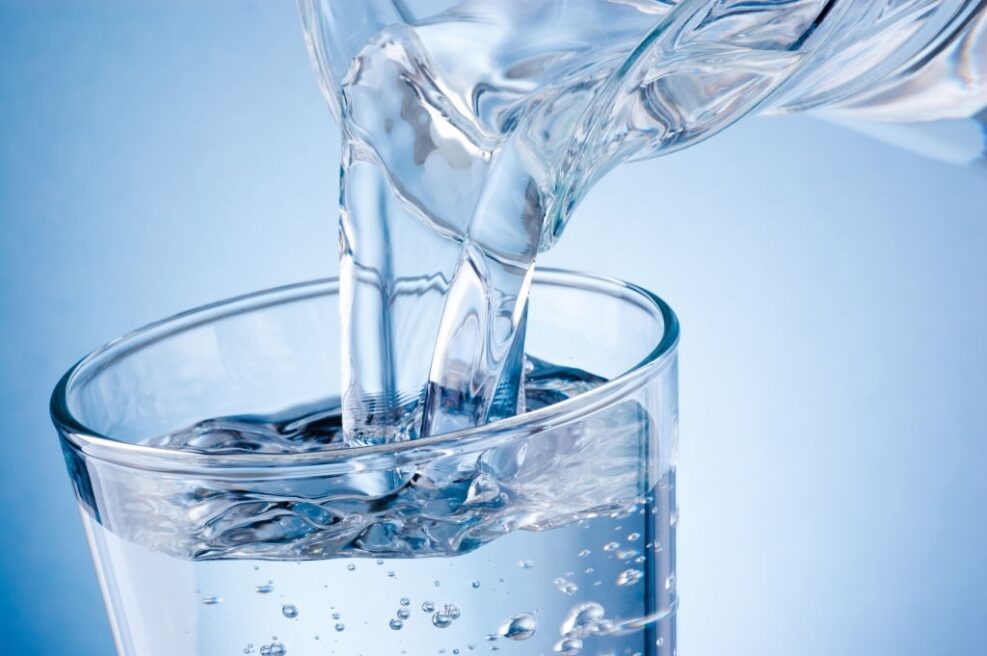
We all have a lot of power in preventing water pollution, but it will take a coordinated effort for us to succeed.

